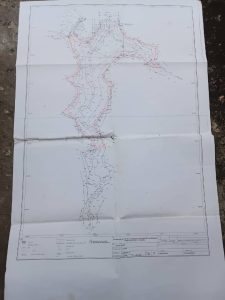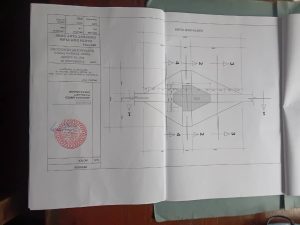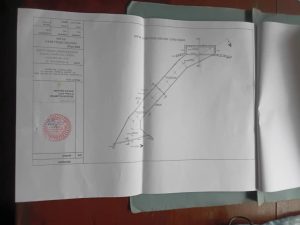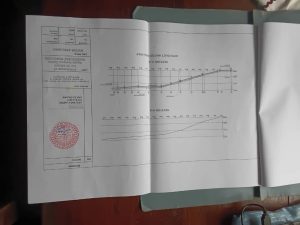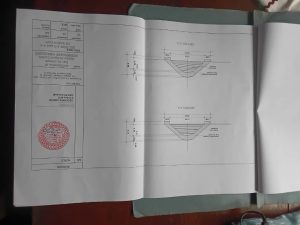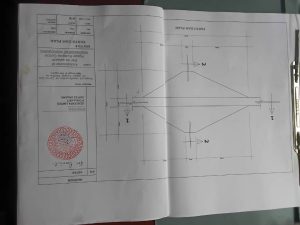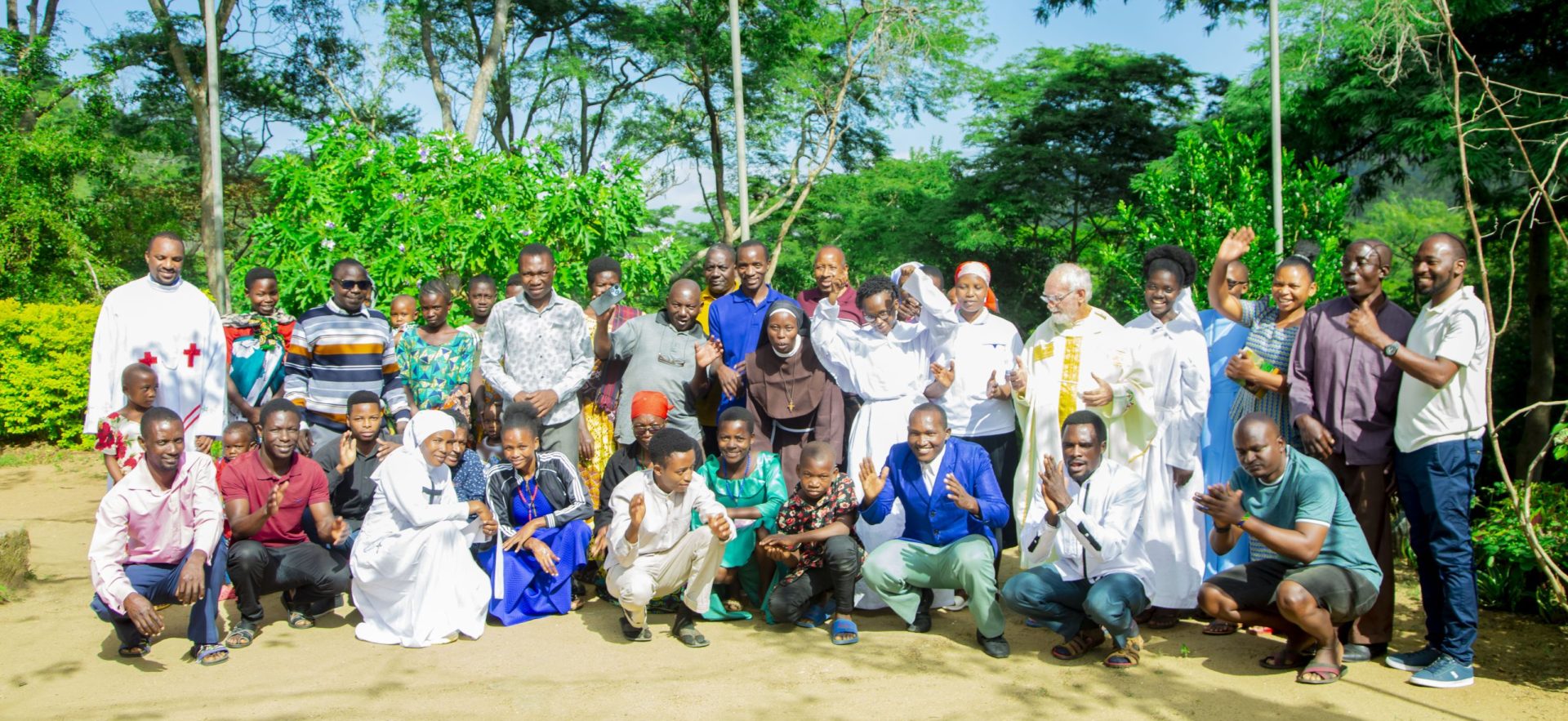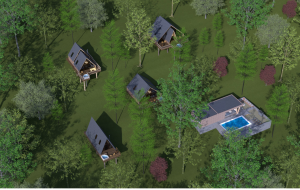1. Mlilingwa Formation House construction
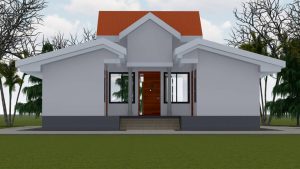
Project Presentation or Summary:
One of the consequences to form young people is that young women and men want to join our community and participate in that way to evangelize. Up to now we have only one formation house where all the students and the community members are living together. Therefore, we bought a land at Mlilingwa village, next to our Centre, in order to build a formation house for those who want to join our community. Year after year the number is growing.
Our aim is to build a simple house for those who want to join us. Up to now we have just built a shed where we use it as we go for farm activities. A separate formation house will accommodate those who want to join (candidates) and their formators. It will be a great benefit for the community as we will have more place in Centre for the community members and the students who are coming each year. It will be also a benefit for those candidates as they will be taught spiritual life in a suitable environment. They will have their own house, their own field, and so on. Our formation lasts three years, two years in Kungwe and one year in Agape Centre Dar es Salaam.
Estimates of the cost in Tanzania Shs: In US $ approximatively: 8,705 $
Local contribution in T.shs: 3,810,000/- In US $ = 1635 $
Amount requested from donors: 7,070 $
2. Kungwe Community Centre (K.C.C.)
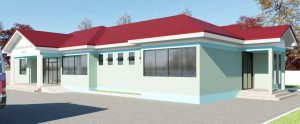
Project Presentation or Summary:
In 2004, the Community of Agape, Dar es Salaam, was looking for a plot of 250 hectares. It was intended firstly, to start a farm in order to provide food for Agape Centre, in cultivating and raising cattle and poultry; secondly to start a Centre where people could meet God in the midst of creation and thirdly, to preserve the environment. The village of Kibungo/Kungwe offered us a plot of land of about 250 hectares.
Kibungo/Kungwe is a village in Morogoro Region, District of Morogoro, situated at the foothills of Kungwe1 Mountain (1104 m), about 60 km South East of the town of Morogoro2. In the year 2009 the village has 4439 inhabitants, living in 1197 households3. Since then the village has been divided into two: Kungwe itself and Vuleni Village. Villagers are mostly farmers. The main crops are maize, rice and bananas. The villagers also depend on fruits, such as cocunut, mango, orange and avocado. There is no other economic activity, except some small businesses, like village kiosks, and small cattle belonging to one or two villagers!
It soon became obvious that the land was not suitable for a big farm unless to cut all the forests in the valleys, which as contrary to our policy and commitment to preserve the natural environment. It was therefore decided to start only a Formation Centre and to cultivate a few acres for food production, to cattle rearing, poultry-keeping, bee-keeping and another similarly small scale production activities, in order to meet the necessary needs of the Centre.
Therefore, the main purpose of Kungwe Formation Centre was to start a school of life for young people, ie, to become evangelists by their way of live. This school of life aims at the healing of the whole person, physical, moral, psychological and spiriual in a suitable environment. They live in the middle of creatures in order to discover God in this creation and to relate to Him in a healthy way. So many people are attracted by the life of the big cities and lose all contacts with nature and subsequently with God the Creator. It is open to all who are are looking to be healed in one of these areas mentioned above.
Meanwhile the villagers of Kungwe asked us to cooperate with them to build in the plot they have granted us a small dispensary, a nursery and a meeting place, in other words, to build a hall. After many meetings and professional consultations we agreed not to build just a hall but to build a Community Centre, alongside with the school of live, with three main purposes: education, evangelization and environment. Education with the main emphasis on forming leaders, as for example, village leaders with moral integrity, women empowerment, community development, jobs creativity, power for living, income generation.
Evangelization: Formation of lay evangelists; to learn how to spread the good news of Jesus so that people may live together in peace, joy and love, respecting the other faith, helping each other to live a decent life.
Environment: to give seminars on forest management: fire monitoring; protection of the living creatures, as animals, birds, insects and so on. Seminars on environment held in the midst of the forest are more attractive and more efficient than seminars held in the main town.
3. PROPOSED PRIESTS’ RESIDENCE AT KUNGWE
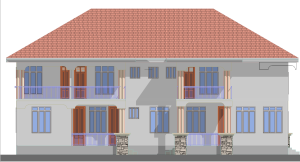
The proposed Priests’ Residence at Kungwe aims to provide a comfortable and functional living space for the clergy serving in the area. The project will enhance their ability to focus on pastoral duties, fostering spiritual growth and community engagement in Kungwe. It will include essential facilities to ensure the wellbeing and productivity of the priests, such as private quarters, common areas, and administrative spaces.
This development also aligns with the church’s mission to strengthen its presence and impact in Kungwe. By offering a dedicated space, the residence will support the priests in their evangelization efforts, pastoral care, and outreach programs within the community.
Furthermore, the residence will help promote a collaborative environment, where priests can share ideas, support one another, and plan activities for the parish and surrounding areas. This project demonstrates a commitment to the holistic welfare of the clergy and the broader Catholic community in Kungwe.
4. PROPOSED DISPENSARY AT KUNGWE COMMUNITY CENTRE
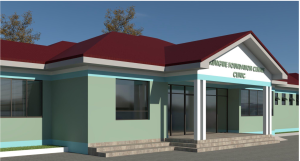
The Proposed Dispensary at Kungwe Community Centre is a vital healthcare initiative aimed at providing essential medical services to the local community. The project seeks to address the healthcare challenges faced by residents, offering primary care, maternal health, immunization services, and treatment for common illnesses.
This dispensary will be strategically located at Kungwe Community Centre, ensuring accessibility to underserved populations. It will reduce travel distances to far-off health facilities and relieve pressure on overcrowded hospitals in the region.
The project will also promote community health through health education, preventive care programs, and partnerships with local healthcare providers. By offering affordable healthcare services, the dispensary aims to improve the overall well-being of the Kungwe community, fostering a healthier, more resilient population.
5. CONSTRUCTION DRAWINGS OF KUNGWE FORMATION CENTRE
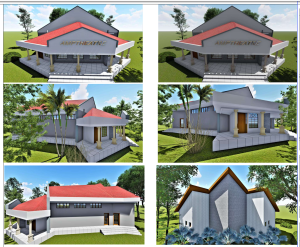
The provided PDF document, Construction Drawings at Kungwe Formation Centre, appears to be a detailed architectural and construction blueprint for various projects at the Kungwe Formation Centre. It includes plans, sections, elevations, and material specifications, providing a comprehensive guide for contractors and stakeholders involved in the construction process.
The document contains general notes and design principles, emphasizing accuracy and compliance with local authority requirements. Key details, such as dimensions (measured in millimeters) and verification instructions, ensure precise implementation of the designs. Errors or omissions are addressed through immediate reporting to the designer, demonstrating a proactive approach to quality control.
Individual sections of the document include layout plans, 3D views, and structural details for specific areas such as amphitheaters, restaurants, and reception buildings. The use of various layout IDs and detailed tables of contents makes navigation efficient. Material specifications like timber dimensions and ceiling treatments highlight the document’s focus on both functionality and aesthetic aspects of the built environment.
